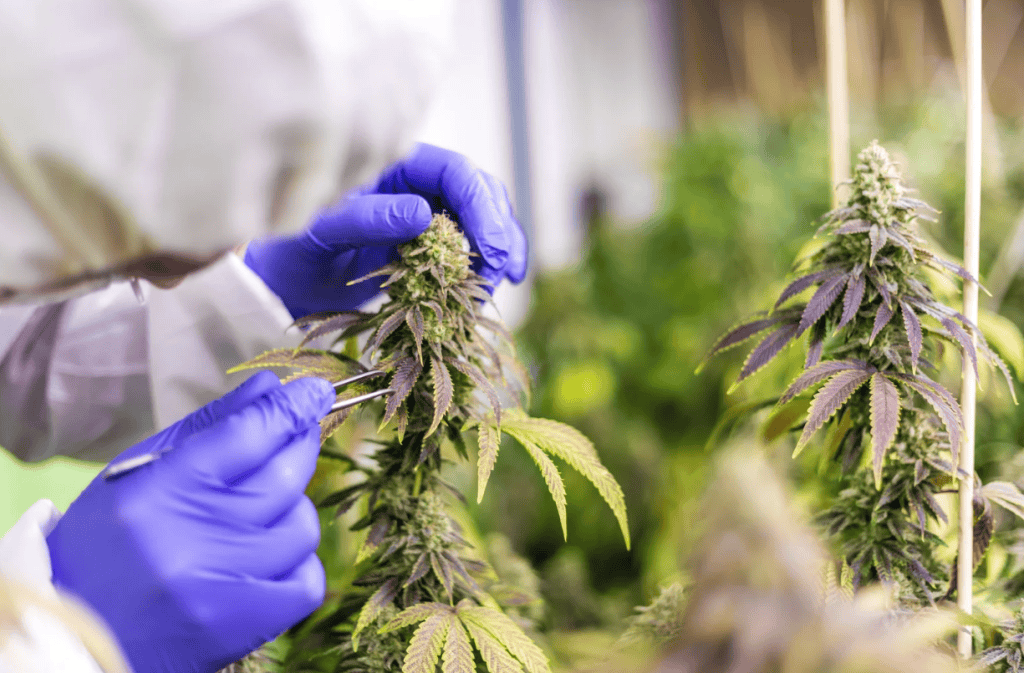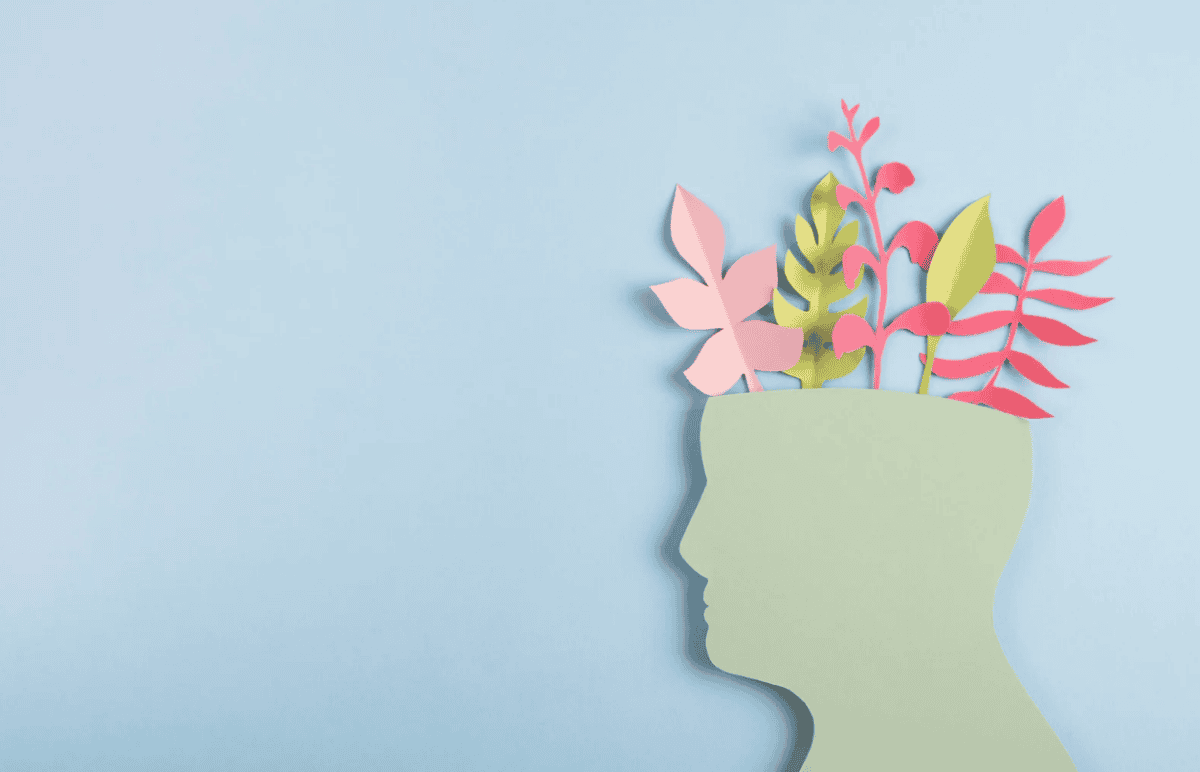For many years, cannabis has been studied in relation to treatments for mental health. This is commonly seen with mental stressors such as PTSD, anxiety, and depression. Each of these includes many different therapy solutions. While it isn’t an effective solution for everyone, cannabis has shown some promising results.
The legalization of cannabis is still one of the biggest hurdles. States in the U.S. have different laws and regulations around cannabis, making it challenging to offer cohesive treatments on a nationwide scale.
While it’s much more accessible than ever before, there’s still a long way to go before it’s a common medical solution for mental health. In this article, you’ll explore the modern role of cannabis in mental health treatment.

Historical Overview of Cannabis Use
It may be a hot topic in our modern times, but cannabis has been used in medicine throughout an extensive part of history. The early days of medical and therapeutic use of cannabis stemmed from China and India but now hold global interest.
It wasn’t until the 20th century that cannabis started to have a stigma attached to it. Politics aside, many years of controversy have led people to fight for the legal, recreational, and medical use of cannabis.
The war on drugs in the U.S. had a significant impact on how cannabis was perceived on a societal scale. While there are still many people against its use, topics around substance abuse and general education have helped alleviate some of this. Aside from its recreational use, many people look to cannabis to aid them in managing their mental health.
Potential Benefits for Mental Health
Cannabis offers more than just THC alone. Between that and CBD, there are many ways they can be applied to mental health. Research continues as we speak, but there’s enough data to support that cannabis can help alleviate mental health symptoms.
What’s great about CBD is that it can deliver numerous health benefits without the psychoactive effects of THC. Many people aren’t comfortable with the feeling of these effects, making CBD an effective alternative that derives from the same plant.
With increased knowledge and application in medical environments, cannabis is on its way to being a common treatment solution for many people. Some of the potential benefits of cannabis for mental health treatments include:
- May increase serotonin levels
- Reduce amygdala activity
- Contributes to stabilizing your mood
- Regulates stress responses
Keep in mind that cannabis is rarely the first idea when it comes to mental health patients. There are many ways to tackle this topic, but cannabis is seen as a solution for those deemed treatment-resistant.

The Availability of Cannabis in Mental Health Treatment
It’s understandable why any stigma around cannabis exists, but this primarily comes from a place of misinformation. Then again, cannabis could be a poor choice for the wrong patient, as everyone reacts to it differently.
At the end of the day, medical cannabis is available in many states across the U.S. For example, getting a Massachusetts medical card couldn’t be easier as it can be handled online. With time, you’re likely to see cannabis to be much more common from a medical and recreational perspective.


